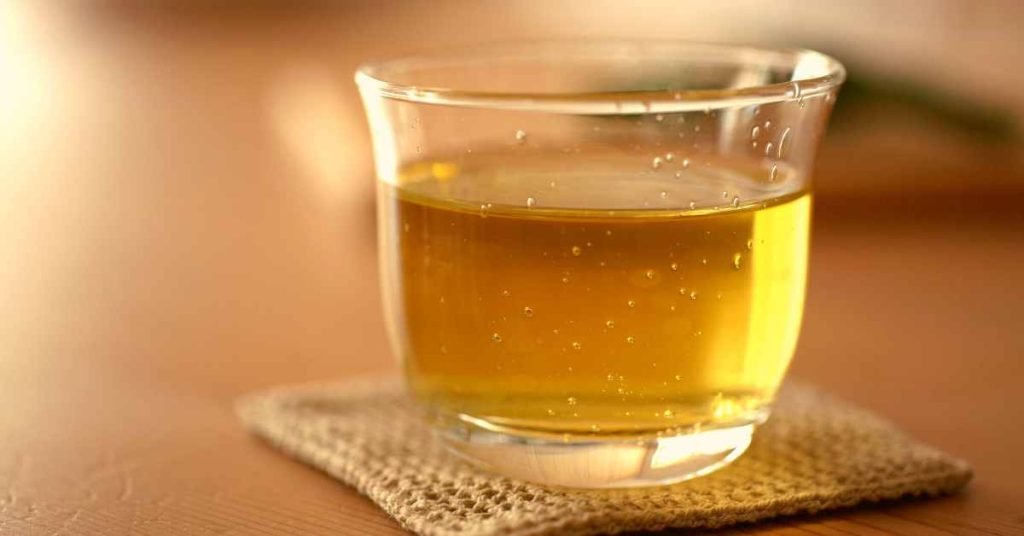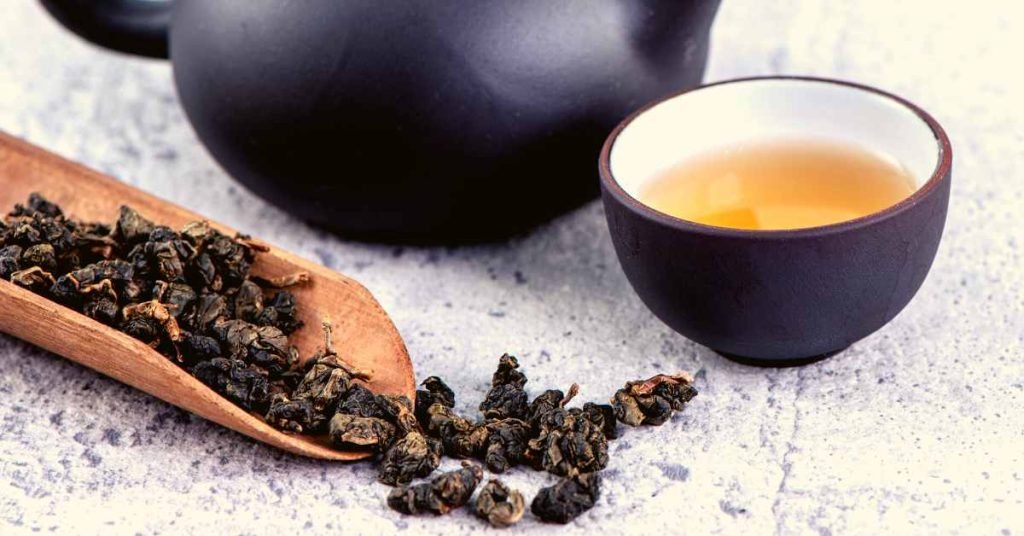Tea, a beverage beloved worldwide for its soothing aroma and potential health benefits, has been studied extensively for its role in promoting overall well-being.
Among its many potential health benefits, recent research has shed light on the relationship between certain types of tea and their effects on bowel polyps.
In this article, we will delve into the fascinating connection between tea and bowel polyps, exploring how tea may play a role in preventing and managing these abnormal growths in the colon and rectum.
Understanding Bowel Polyps

Bowel polyps develop in the lining of the large intestine (colon) or rectum.
While many of these polyps are benign, some have the potential to become cancerous if left untreated.
These growths vary in size, shape, and characteristics, with adenomatous polyps being the most common type that holds the highest risk of developing colorectal cancer.
The Role of Tea in Bowel Polyps
Tea is a beverage known for its abundant health benefits, which are primarily attributed to its rich composition of bioactive compounds.
In the context of bowel polyps, studies have identified several types of tea that may contribute to the prevention and management of these growths.
Two varieties that have garnered particular attention for their potential benefits are green tea and black tea.
Green Tea and Bowel Polyps

Green tea, derived from the leaves of Camellia sinensis, is renowned for its high content of polyphenols, particularly catechins.
These compounds have shown significant potential in preventing the development of bowel polyps. Here’s how green tea may work:
- Antioxidant Properties: Catechins in green tea act as powerful antioxidants that can neutralize harmful free radicals. Oxidative stress has been linked to the formation of polyps, and by reducing this stress, green tea may inhibit the initiation and growth of these growths.
- Anti-Inflammatory Effects: Chronic inflammation in the colon can increase the risk of developing bowel polyps. Green tea’s anti-inflammatory properties may help to reduce inflammation and mitigate this risk.
- Cell Signaling: Some studies suggest that green tea catechins may interfere with the signaling pathways involved in the development of adenomatous polyps. This interference may slow the progression of these polyps toward cancer.
Black Tea and Bowel Polyps

Black tea, another popular tea variety, contains a different set of bioactive compounds, primarily theaflavins and thearubigins.
Research on black tea and its potential benefits in relation to bowel polyps is ongoing, and while it may not be as extensively studied as green tea, there are some promising indications:
- Polyphenols: Black tea polyphenols, such as theaflavins, have demonstrated antioxidant properties that can help combat oxidative stress and reduce the risk of polyp formation.
- Microbiome Influence: Emerging research suggests that black tea may have a positive impact on the gut microbiome. A balanced and diverse gut microbiome is essential for maintaining colon health and may play a role in preventing the formation of polyps.
- Cellular Regulation: Theaflavins in black tea may influence various cellular processes that are linked to the development and progression of bowel polyps, such as apoptosis (programmed cell death) and cell cycle regulation.
Tea Consumption and Bowel Polyps: What the Studies Say

Numerous studies have explored the relationship between tea consumption and bowel polyps, offering valuable insights into the potential benefits of tea. Here are some noteworthy findings:
- Epidemiological Studies: Population-based studies have indicated that individuals who regularly consume green tea or black tea may have a lower risk of developing bowel polyps. However, it’s important to note that these studies are observational, and causation cannot be established from them.
- Clinical Trials: Some clinical trials have shown that tea extracts, particularly green tea extracts, can reduce the recurrence of bowel polyps in individuals who have already had polyps removed. These trials suggest that tea consumption might help prevent the growth of new polyps.
- Mechanistic Research: Laboratory studies have delved into the mechanisms by which tea compounds, especially green tea catechins, may inhibit the development of bowel polyps. These experiments have provided insight into the potential pathways by which tea exerts its effects.
How to Incorporate Tea into Your Diet for Bowel Health

If you’re interested in exploring the potential benefits of tea for bowel polyps, here are some practical tips for incorporating tea into your diet:
- Green Tea: To benefit from green tea, you can enjoy it as a hot or cold beverage. Opt for high-quality green tea leaves or bags, and brew it according to your preferences. To maximize the potential benefits, aim for several cups a day.
- Black Tea: Black tea can be a delightful addition to your daily routine. It’s widely available in various flavors and blends. Enjoy it with or without milk and sweeteners, depending on your taste.
- Herbal Teas: While green and black tea have garnered the most attention in relation to bowel health, herbal teas like chamomile, peppermint, and ginger can also contribute to overall digestive wellness.
- Variety is Key: Incorporating a variety of teas into your diet can provide a broader range of health benefits. Different teas have unique bioactive compounds that may work synergistically to promote well-being.
Final Word
Tea, particularly green tea and black tea, holds promise in the prevention and management of bowel polyps.
These beverages are not only delightful to savor but also brimming with bioactive compounds that possess antioxidant, anti-inflammatory, and cellular regulation properties.
However, it’s essential to remember that tea is not a standalone solution for bowel polyps.
It should be part of a comprehensive approach to colorectal health, which includes a balanced diet, regular exercise, and routine medical check-ups.

Before making any significant dietary changes or relying solely on tea to manage bowel polyps, it’s advisable to consult with a healthcare professional.
They can provide personalized guidance based on your health status and specific needs.
Nonetheless, the potential benefits of incorporating tea into your daily routine are undeniable, and it may contribute to the promotion of a healthy colon and a reduced risk of bowel polyps.
MEDICAL DISCLAIMER
Itsnevernotteatime.com cannot and does not contain medical/health advice. The medical/health information is provided for general and educational purposes only and is not a substitute for professional advice.




